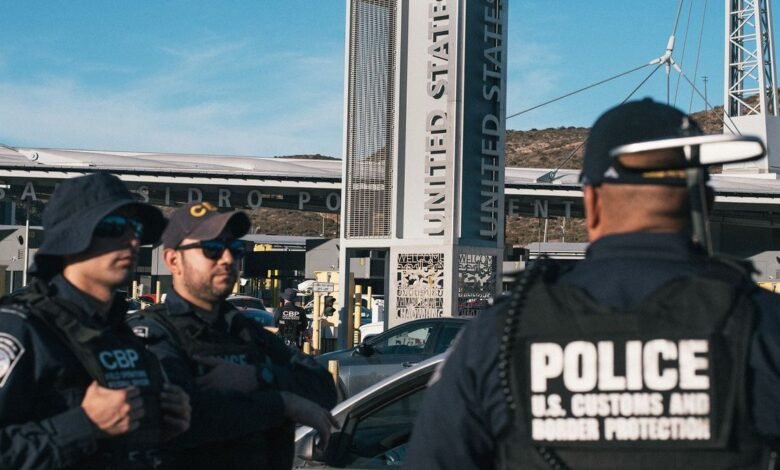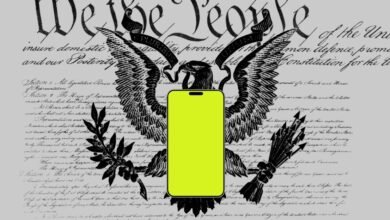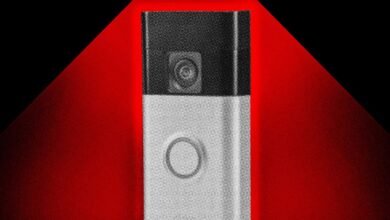CBP Phone Searches at US Border Hit Record High

▼ Summary
– U.S. Customs and Border Protection conducted a record 55,424 electronic device searches in fiscal year 2025, a 17% increase from the previous year.
– The rise in searches coincides with the Trump administration’s immigration crackdown and enhanced surveillance efforts, despite fewer international visitors.
– Border agents have broad legal authority to search phones without warrants at airports and borders, applying to citizens and non-citizens alike.
– Searches include basic manual inspections and advanced forensic tools that can copy data, with refusal to provide passcodes potentially leading to device seizure.
– Advanced searches use private forensic tools like Cellebrite UFED and GrayKey to bypass locks and recover deleted files, making complex analyses routine at checkpoints.
The number of electronic device searches conducted by United States Customs and Border Protection at US borders has reached an unprecedented level, according to newly released government data. Over the past twelve months, phone inspections surged by approximately 17 percent, with a particularly sharp rise occurring in the most recent six-month period.
Official CBP statistics covering the 2025 fiscal year, which spans from October 2024 through September 2025, reveal that border agents performed roughly 55,424 searches of electronic devices. This figure represents a significant jump from the approximately 47,000 searches documented during the previous fiscal year.
Although these searches affect only a tiny fraction of the millions of individuals entering the country annually, the increase coincides with the Trump administration’s intensified immigration enforcement measures and expanded surveillance authority for law enforcement. Recent months have seen a steep decline in international visitors, with many potential travelers opting to avoid the United States altogether or taking steps to minimize their exposure to scrutiny.
Since the administration resumed office in January, multiple travelers have reported extended detentions or claimed they were barred from entering due to content discovered on their mobile phones.
Border officials possess extensive legal authority to examine the phones of anyone arriving in the US, including American citizens and lawful permanent residents. Airports and border areas typically operate outside the scope of Fourth Amendment protections that usually mandate a warrant for searching electronic devices. As a result, CBP agents can legally inspect smartphones, laptops, cameras, and other electronics, with the agency advising travelers to provide their devices “in a condition that allows for inspection of the device and its contents.”
There are two primary types of inspections conducted. A basic search involves an agent manually scrolling through the contents of a phone, while an advanced search employs external equipment to copy and analyze data. Although advanced searches require reasonable suspicion of wrongdoing, refusing to provide a device passcode can lead to confiscation of the item and significant travel delays.
Advanced electronic searches are supported by a growing network of private technology firms. Commonly used tools include Cellebrite’s UFED, which can bypass device locks and recover deleted files; GrayKey, engineered to break into newer iPhone models; and Magnet AXIOM, which reconstructs activity timelines using data from phones, computers, and cloud storage. Field agents utilize mobile forensic kits that were initially marketed for criminal investigations. Earlier this year, CBP issued a solicitation for additional technology to assist in extracting data from travelers’ phones. Thanks to these advanced systems, procedures that once required weeks of laboratory work can now be performed routinely at border checkpoints.
(Source: Wired)





